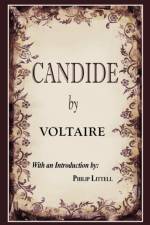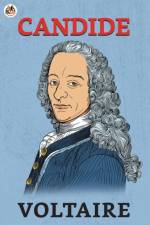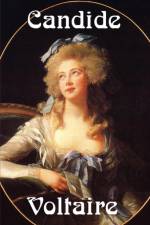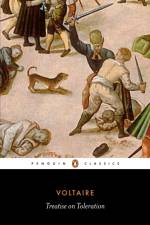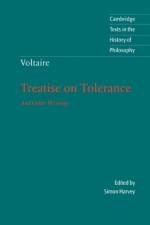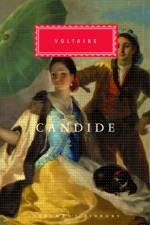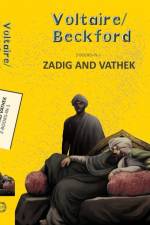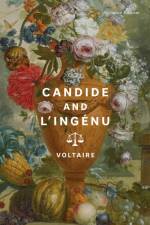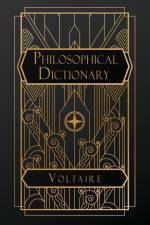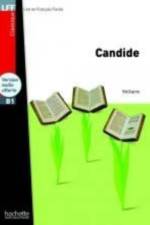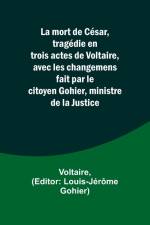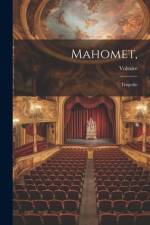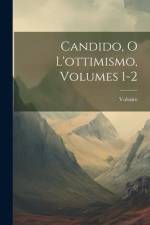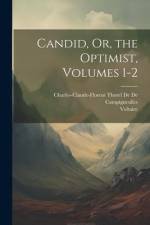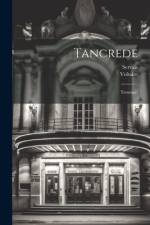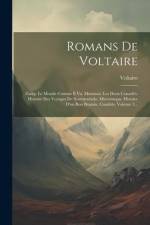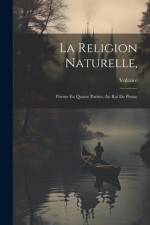av Voltaire
261
"Candide," penned by the illustrious Voltaire, stands as a literary masterpiece that transcends time, inviting readers into a world of satirical brilliance, philosophical inquiry, and comedic escapades. Published in 1759, this novella encapsulates the essence of the Enlightenment, channeling the intellectual spirit of the age into a narrative that is as entertaining as it is thought-provoking.At its core, "Candide" is a tale of adventure, resilience, and the pursuit of an elusive utopia. The eponymous protagonist, Candide, embarks on a tumultuous journey that takes him across continents and through a series of absurd and often perilous situations. Voltaire employs a narrative style that combines biting satire with a keen sense of irony, guiding readers through a world that is both comically exaggerated and starkly reflective of the human condition.The story begins with Candide, a naïve and optimistic young man, being expelled from his sheltered existence in the Baron Thunder-ten-Tronckh's castle. What ensues is a whirlwind of misadventures that expose Candide to the harsh realities of war, natural disasters, and human folly. Through this picaresque journey, Voltaire skillfully dismantles the prevailing optimism of the time, epitomized by the philosophy of Leibniz, which asserted that ours is the "best of all possible worlds."The charm of "Candide" lies not only in its scathing social commentary but also in its richly drawn characters. From the philosophically inclined Pangloss, whose unwavering optimism becomes increasingly absurd in the face of adversity, to the resourceful Cunegonde and the pragmatic Martin, each character serves as a vessel for Voltaire's exploration of human nature, morality, and the pursuit of happiness.What sets "Candide" apart is its timeless relevance. Voltaire's exploration of religious hypocrisy, the corrupting influence of power, and the arbitrary nature of societal hierarchies resonates as strongly today as it did in the 18th century. The novella invites readers to question the status quo, challenge blind faith, and embrace a more nuanced understanding of the world.Beyond its intellectual depth, "Candide" captivates with its wit and humor. Voltaire's prose dances with irreverence, employing a style that is both accessible and intellectually stimulating. The novella is a delightful tapestry of absurd situations, clever dialogue, and unexpected twists that keep readers engaged from the first page to the last.In the tapestry of literary history, "Candide" stands as a brilliant thread, weaving together the intellectual currents of the Enlightenment with the timeless themes of human experience. It is an invitation to embark on a journey of self-discovery and critical reflection, all while being entertained by one of the most celebrated works of satire and philosophical inquiry. "Candide" remains a testament to Voltaire's enduring brilliance and his ability to provoke thought through the medium of captivating storytelling.

